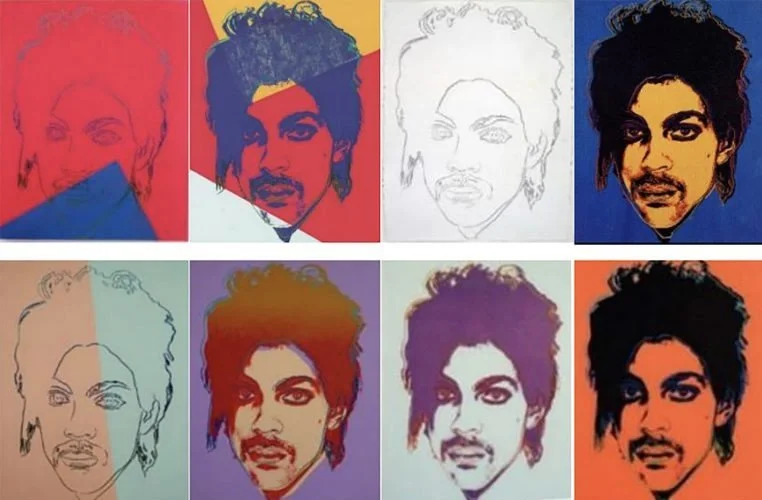On October 12th, 2022, the Supreme Court heard arguments for Andy Warhol Foundation for the Visual Arts, Inc. v. Goldsmith (“Warhol”). [1] This highly-anticipated case regarding copyright law involves two great artists of the last century, visual artist Andy Warhol and award-winning photographer Lynn Goldsmith. At issue is a dispute over Warhol’s “Prince Series” collection, based on a photograph of the musician Prince Rogers Nelson taken by Goldsmith. [2] Centered on the subject of visual arts and the underlying issue of whether Warhol fairly used Goldsmith’s photograph, this case reflects a crucial opportunity for the Court to clarify copyright protections.
Read MoreThe works of Andy Warhol are known for their popular element and pragmatic flair. Not unlike blockchain technology, the repetitive faces of Marilyn Monroe are an appealing democratization of society’s likenesses. Indeed, both pose questions about cultural and individual copyright, and whether popularity excuses infringements on ownership. Cryptocurrency has given birth to a new form of technology responsible for enormous growth in the art trade and an accompanying slew of legal discrepancies. Non-fungible tokens, or NFTs, are a revolutionary kind of digital ledger that allows creators of art and music to tokenize unique online assets of their work. [1] Yet they come almost as an anachronism to a legal environment not entirely prepared to regulate them. [2]
Read MoreBanksy, whose real name and identity have never been formally disclosed, has long made anonymity central to his work and identity as an artist. His anonymity is not only central to his artistic persona, but it also contributes to the value of his creations, many of which have fetched seven and eight-digit prices at the world’s most prestigious auction houses. Yet as Banksy’s fame and notoriety have increased, so too have the number of people profiting off the appropriation and sale of his designs. However, Banksy’s anonymity made the fulfillment of this wish difficult: in order to allege copyright infringement on his designs, Banksy would have to reveal his full, legal identity to prove he is the “unquestionable owner,” which would severely, if not irreparably, undermine his persona and the value of his work.
Read MoreEver since the end of World War II, and increasingly since the decline of colonialism, African countries like Mali, Nigeria, and Benin have begun requesting that Western states return artworks and other cultural properties that were illegally taken. Illicit trading of cultural property is not a problem limited to African nations; Turkey sued the Metropolitan Museum of Art, the Greek Orthodox Church of Cyprus sued a Dutch art dealer, and the United States enacted the Native American Graves Protection and Repatriation Act to return Indigenous artifacts to their respective nations.
Read More



